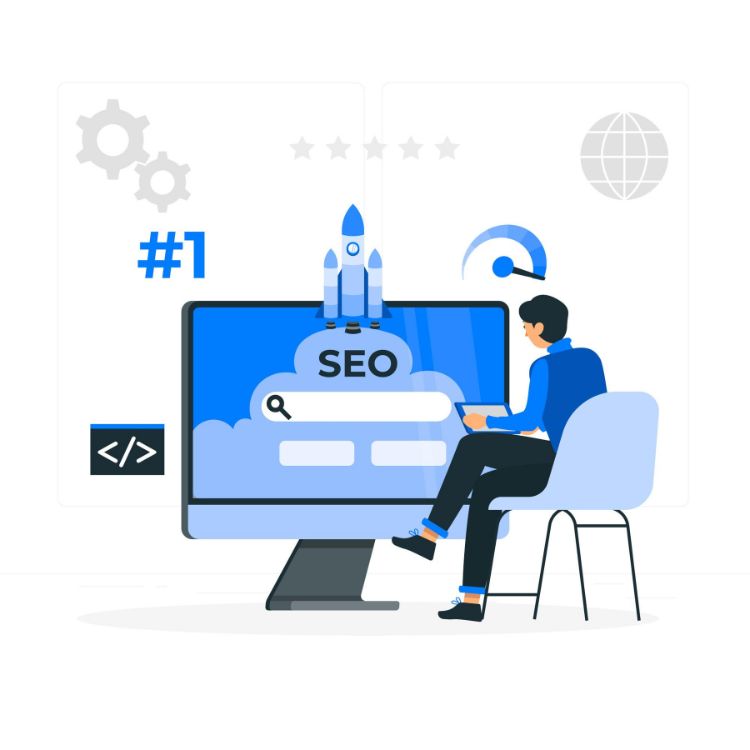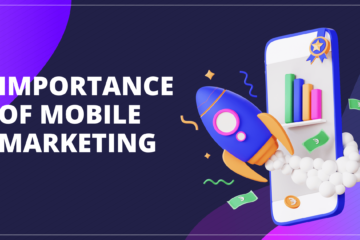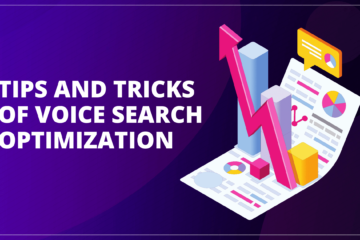Is SEO still important?
Introduction
SEO is the practice of optimizing your website and its content to improve its visibility and ranking in search engine results pages (SERPs). In this article, we will explore why search engine optimization is necessary and how it can help your website achieve higher rankings on Google.
The Importance of SEO
Increased Website Traffic
When your website appears on the first page of search engine results, it is more likely to receive organic traffic. Studies have shown that the majority of users tend to click on the top results that appear in search engine rankings. By implementing effective SEO strategies, you can increase the visibility of your website and attract more visitors.
Better User Experience
SEO helps improve the user experience on your website by making it more accessible, faster, and easier to navigate. By optimizing your website’s structure and content, you can enhance the overall user experience, leading to increased user satisfaction and engagement.
Brand Credibility and Trust
Websites that appear higher in search engine rankings are often perceived as more trustworthy and credible by users. By consistently appearing in top positions, your brand gains visibility and establishes authority in your industry. Building trust with your audience is crucial for long-term success, and SEO plays a vital role in achieving that.
Targeted Traffic and Higher Conversions
By optimizing your website for these keywords, you can attract highly targeted traffic that is more likely to convert into leads or customers. When your website ranks well for relevant keywords, it increases the chances of capturing potential customers at the right moment in their buyer’s journey.
The Fundamentals of SEO
On-Page Optimization
This includes optimizing meta tags, headings, URLs, and internal linking structure. By creating high-quality, keyword-rich content and following best practices for on-page SEO, you can signal to search engines what your website is about and increase its chances of ranking higher.
Off-Page Optimization
Off-page optimization focuses on improving your website’s authority and reputation through external factors. This mainly involves building high-quality backlinks from reputable websites, social media promotion, and online mentions. Off-page optimization helps search engines determine the relevance and popularity of your website, which can positively impact your rankings.
Technical SEO
This includes optimizing website speed, mobile-friendliness, site architecture, and structured data. Technical SEO plays a crucial role in providing a smooth user experience and improving your website’s visibility in search results.
Best Practices for SEO Success
Keyword Research
By identifying relevant keywords and understanding their search volume and competition, you can optimize your website’s content to target these keywords effectively. Tools like Google Keyword Planner and SEMrush can help you identify valuable keywords for your industry.
Also Read: Advanced Technologies For SEO
High-Quality Content
Content is king in the world of SEO. Your content should be optimized for relevant keywords, provide value to your audience, and be shareable across different platforms. High-quality content not only helps improve your rankings but also establishes your brand as an authoritative source of information.
Mobile Optimization
With the increasing use of mobile devices, it’s crucial to ensure that your website is optimized for mobile users. Mobile optimization includes having a responsive design that adapts to different screen sizes, fast loading times, and easy navigation. Mobile-friendly websites are more likely to rank higher in mobile search results, providing a better user experience and attracting a larger audience.
User Experience and Engagement
Search engines take into account user experience metrics when determining search rankings. Factors such as page load speed, dwell time, and low bounce rates contribute to a positive user experience. To enhance user engagement, you can incorporate interactive elements, such as videos, infographics, and user-friendly interfaces. The longer users stay on your website and interact with your content, the higher the likelihood of improved rankings.
Must Read: Brilliant Tips to Write High-Converting Upsell Emails
Local SEO
For businesses targeting a specific geographic area, optimizing for local search is crucial. Local SEO tactics include creating and optimizing Google My Business listings, managing online reviews, and ensuring consistent business information across various directories. Local search results often appear above organic results for location-specific queries, making it essential for local businesses to optimize their online presence.
Continuous Monitoring and Adaptation
Regularly track your website’s performance using analytics tools and make adjustments based on data-driven insights. Stay up to date with algorithm updates and industry trends to ensure your SEO strategies remain effective and in line with current best practices.
Conclusion
In today’s competitive online landscape, search engine optimization is necessary to achieve high rankings in Google and other search engines. By implementing effective SEO strategies, such as on-page optimization, off-page optimization, and technical SEO, you can improve your website’s visibility, attract targeted traffic, and establish your brand as an authority in your industry. Remember to conduct thorough keyword research, create high-quality content, optimize for mobile users, prioritize user experience and engagement, optimize for local search, and continuously monitor and adapt your SEO efforts. By following these best practices, you can increase your chances of ranking higher in search engine results and driving organic traffic to your website.




